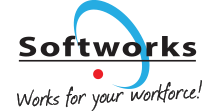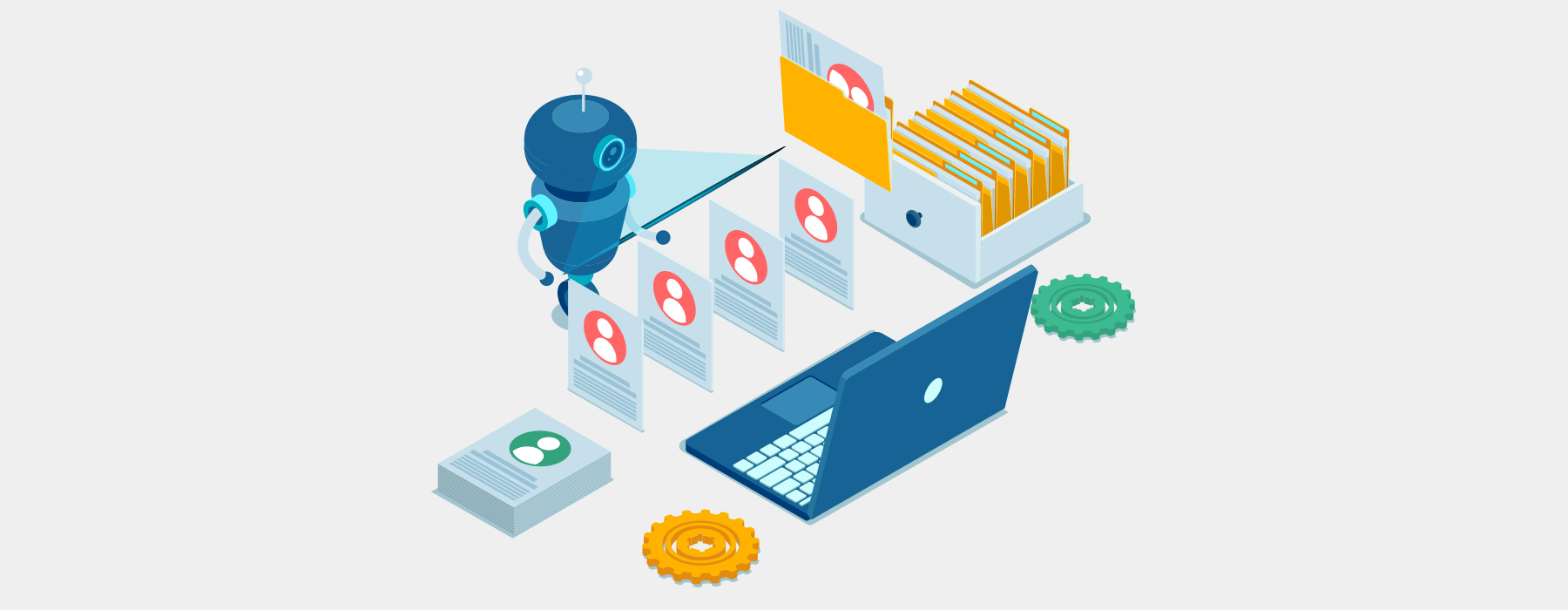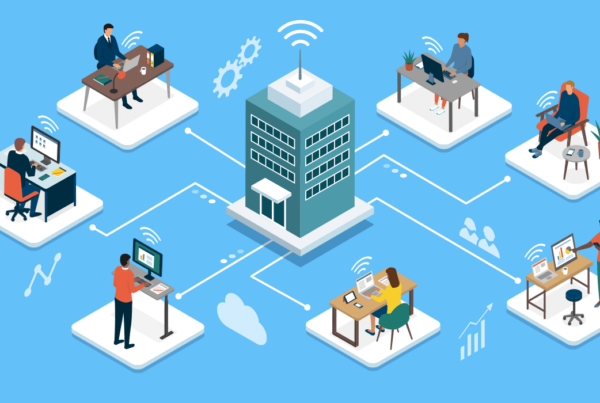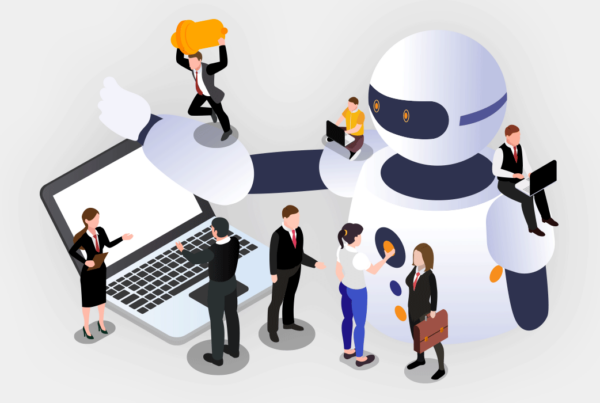In 2025, Artificial Intelligence (AI) continues to transform HR software, shifting from experimental implementations to integral components of organisational strategy. As industry analysts and surveys—including Softworks’ own—highlight, automation is here to stay, reshaping how companies address workforce challenges, enhance employee engagement, and improve operational efficiencies.
Rather than eliminating jobs, AI empowers employees by automating repetitive tasks, fostering strategic thinking, and bolstering creativity. This evolution supports a better work-life balance, helping organisations retain talent in an era defined by skills shortages.
Addressing the Global Skills Gap
Across industries, organisations face an ever-widening skills gap, with up to 98% of businesses reporting challenges in sourcing qualified talent (UI Path). AI offers a dual approach to tackling this issue: automating repetitive tasks and enabling workforce optimisation.
Softworks exemplifies this by integrating seamlessly with applicant tracking systems (ATS), streamlining the onboarding process. Upon a candidate’s acceptance of an offer, their profile is automatically created within the platform, enabling HR teams to request necessary documents and schedule training or shifts immediately. This efficiency accelerates productivity and ensures a smooth, positive experience for new hires, improving their perception of the organisation.
AI also facilitates the upskilling of existing employees by assuming responsibility for time-consuming administrative tasks. This allows employees to dedicate more time to skill development, strategic projects, and innovation. Through workforce management systems, organisations can optimise scheduling, ensuring the right individuals are in the right roles at the right time, thereby maximising productivity.
Elevating the Employee Experience
A cornerstone of talent retention is employee engagement. As the adage goes, employees seldom leave roles in which they are content. Organisations must prioritise creating environments where employees feel valued and engaged. AI tools significantly contribute to this objective by personalising experiences and streamlining communication.
Improving Onboarding
The onboarding process represents a pivotal phase in the employee lifecycle. Research indicates that organisations with robust onboarding programmes are 82% more likely to retain employees (HCA Magazine). Despite this, 88% of employees believe their onboarding experience could be improved. AI bridges this gap by automating administrative tasks, tailoring onboarding journeys, and providing real-time support for new hires. These enhancements free HR teams to focus on fostering relationships and embedding new employees into the company culture.
AI’s Role in Employee Engagement
Engaged employees are integral to organisational success, with research linking high engagement levels to a 21% increase in profitability (Forbes). AI fosters engagement through tools that monitor employee sentiment, recommend actions for managers, and facilitate continuous feedback loops. Examples include:
- Predictive Analytics: AI analyses employee data to identify patterns and predict potential disengagement, enabling proactive interventions.
- Sentiment Analysis: By analysing communication channels such as emails and surveys, AI gauges team morale and provides actionable insights for HR leaders.
- Personalised Training: AI recommends tailored learning paths based on employees’ skills and career aspirations, cultivating a culture of growth and development.
Workforce Management and Scheduling
Efficient workforce management is paramount for organisations striving to achieve more with limited resources. AI-powered scheduling tools optimise resource allocation by analysing historical data, employee preferences, and business requirements. These systems reduce scheduling conflicts, ensure compliance with labour laws, and increase employee satisfaction by accommodating individual preferences.
Moreover, AI supports real-time adjustments, reallocating resources during unexpected surges or absences. Such capabilities are particularly vital in sectors such as healthcare, manufacturing, and retail, where workforce flexibility directly impacts service delivery and customer satisfaction.
Ensuring Data Quality and Security
AI’s capacity to process and analyse vast quantities of data is critical for maintaining data quality in HR systems. Clean, accurate data underpins effective decision-making. Generative AI enhances data validation by identifying anomalies, correcting errors, and ensuring regulatory compliance.
Furthermore, advanced AI algorithms strengthen data security by detecting and preventing breaches, safeguarding sensitive employee information. As organisations increasingly adopt cloud-based HR solutions, robust security measures become ever more essential.
Moving Beyond Experimentation
In 2025, businesses are no longer merely experimenting with AI—they are embedding it into core workflows. This transition reflects broader workplace trends, including the rise of flexible working models and the growing emphasis on employee well-being. By harnessing AI, organisations are addressing immediate challenges while positioning themselves for sustained success.
The Path Ahead
AI in HR software is driving transformative change across several critical domains:
- Forecasting: Predicting workforce trends and skill requirements to align HR strategies with organisational objectives.
- Employee Engagement: Enhancing satisfaction and retention through personalised experiences and real-time insights.
- Data Quality: Ensuring clean, actionable data for informed decision-making and compliance.
- Workforce Management: Optimising schedules and resource allocation to maximise productivity.
As AI continues to advance, its potential to revolutionise the HR landscape will only expand. Organisations that embrace these innovations will not only gain a competitive edge but also cultivate environments where employees thrive. By aligning AI capabilities with human ingenuity, the future of work promises to be brighter than ever.
Resources:
https://start.uipath.com/rs/995-XLT-886/images/hr-automation-revolutionize-employee-experience.pdf
http://peoplemanagement.co.uk/article/1903571/hr-needs-know-ai-2025
https://joshbersin.com/trailblazers/
https://www.aihr.com/blog/hr-technology-trends/
https://www.reworked.co/employee-experience/2025-predictions-for-ai-in-work-tech/
https://www.hrmagazine.co.uk/content/news/hr-predictions-for-2025-ai-flexible-work-and-productivity/










This article on AI in HR software is a great read! It’s fascinating to see how AI is becoming essential in shaping organizational strategies. I’m particularly interested in how these changes will affect employee engagement and recruitment processes.
This article provides great insights into how AI is reshaping HR software. I’m particularly interested in the practical applications of AI in recruitment processes and employee engagement strategies.
I found the insights on AI’s role in HR software quite intriguing, especially how it’s evolving from experimental to essential. Excited to see how this impacts employee engagement and productivity!
AI is really changing the game in HR! I’m excited to see how it evolves and integrates into everyday practices. Can’t wait to read more about its impact on employee engagement and recruitment strategies.
AI is revolutionizing HR software! I think it’s fascinating how companies are integrating AI to streamline processes and enhance decision-making. Looking forward to seeing how this evolves further!